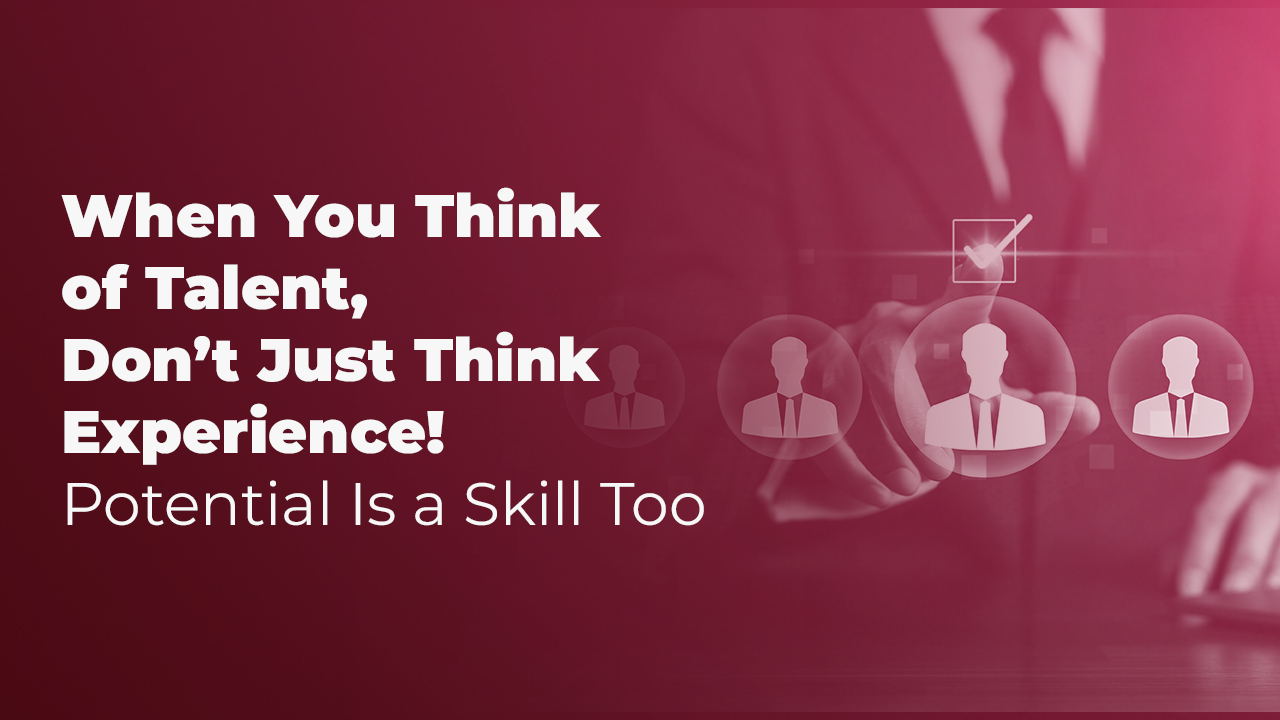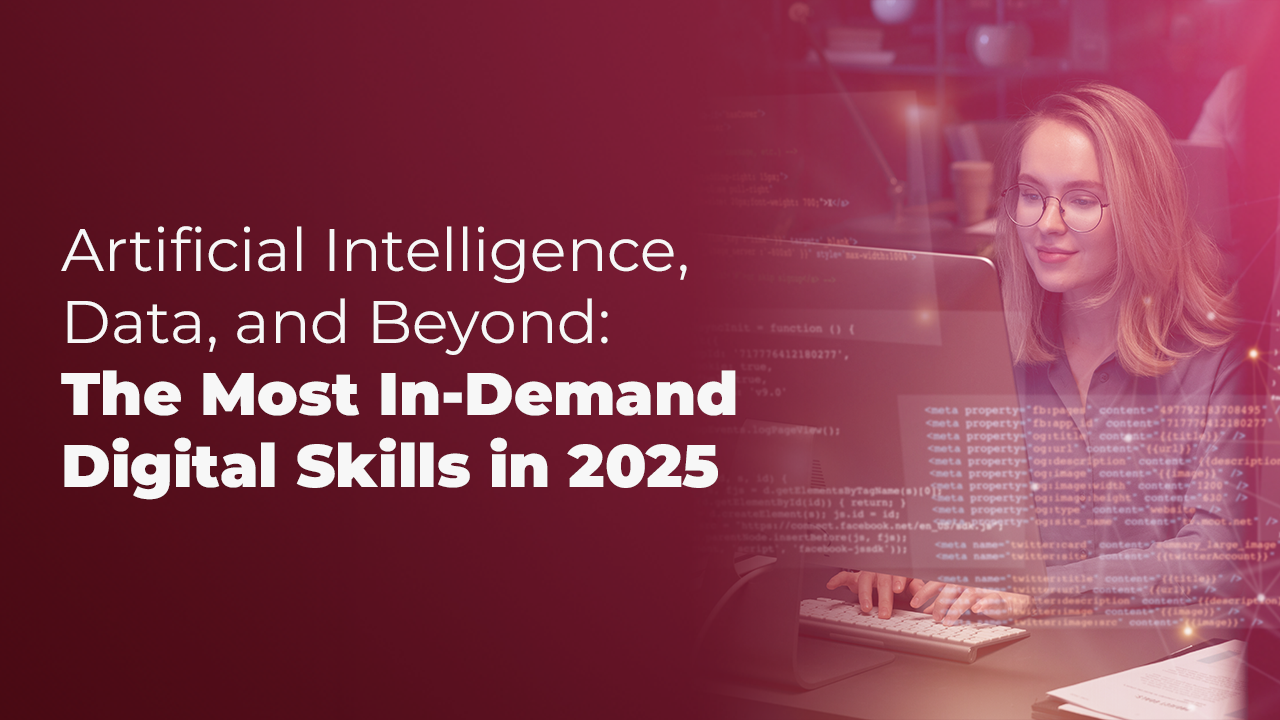When You Think of Talent, Don’t Just Think Experience! Potential Is a Skill Too
In recruitment processes, CVs are often packed with numbers, titles, and work history. Years of experience, projects, company names — everything appears highly measurable. Yet one thing is often overlooked: potential.
Today, one of the biggest misconceptions in talent management is focusing solely on past performance. Experience reflects the past; potential opens the door to the future.
The Allure of Experience
Experience always provides comfort in the business world because it is tangible:
- “10 years in this industry”
- “Held managerial roles at X company”
- “Managed a team of 100 employees”
Such information serves as a kind of insurance for risk-averse organizations. However, the allure of experience can sometimes anchor companies in past successes rather than preparing them for the future. If an experienced employee struggles to adapt to new dynamics, all past achievements may lose relevance in today’s fast-changing business landscape.
The Quiet Power of Potential
Potential rarely appears on a CV; it emerges in subtle cues during interviews. Curious questions, rapid learning reflexes, and the ability to solve problems in novel situations signal the performance a candidate can deliver in the future.
Modern organizations need not only “ready-now” talent but also employees willing to learn, transform, and grow. The business environment evolves rapidly:
- Roles that didn’t exist a decade ago are now among the most in-demand.
- Technological transformation demands continuous skill acquisition.
- Leadership is increasingly defined by flexibility and empathy, rather than authority.
Employees with high potential do more than perform their current tasks; they carry the company into the future.
What Do the Statistics Say?
- According to McKinsey, potential-focused hiring leads to 25% higher long-term retention compared to experience-focused hiring.
- Deloitte’s 2023 report shows that high-potential employees fill critical internal roles 30% faster.
- Gallup data indicates that employees with development opportunities demonstrate 70% higher engagement.
Potential, therefore, is not just a “future possibility” — it is a data-driven investment.
Balancing Experience and Potential
The key is to view experience and potential as complementary, not competing. The organizations that thrive combine both:
- Experience provides security and mitigates risks.
- Potential drives innovation and introduces new ideas.
The right strategy integrates seasoned employees with high-potential emerging talent within the same ecosystem.
How Can Potential Be Measured?
You may wonder, “If potential is abstract, how can it be measured?” Several methods exist:
- Behavioral Interviews: Focus on how candidates might act in future scenarios, not just past achievements.
- Simulations and Case Studies: Reveal problem-solving and decision-making approaches.
- Learning Agility Assessments: Measure how quickly candidates absorb new knowledge.
- Feedback Culture: Potential is observed not only during recruitment but also throughout employees’ developmental journey.
How Potential Adds Value to the Organization
High-potential employees are often game-changers. They introduce new ideas, challenge existing practices, and elevate teams. In essence, they are tomorrow’s leaders within the organization.
Additionally, high-potential talent plays a critical role in organizational transformation. During crises, their adaptability shines, and they demonstrate courage in the face of uncertainty.
A Balancing Act for Leaders
For HR professionals and senior managers, the challenge is not choosing between experience and potential. Both are indispensable. The right questions are:
- “Which roles require experience more critically?”
- “Where should potential take precedence?”
For example, high-risk operational positions may prioritize experience, while innovative product development, digital transformation, or creative projects rely more heavily on potential.
The Power of the Past + The Light of the Future
Focusing only on experience is a backward-looking investment; focusing solely on potential relies on a not-yet-realized possibility. Organizations that blend the strength of the past with the light of the future stand out in a changing business world.
Remember: experience carries companies to today, potential prepares them for tomorrow.
Can your organization recognize the future leaders within its ranks? Can you spot potential that doesn’t appear on a CV?



